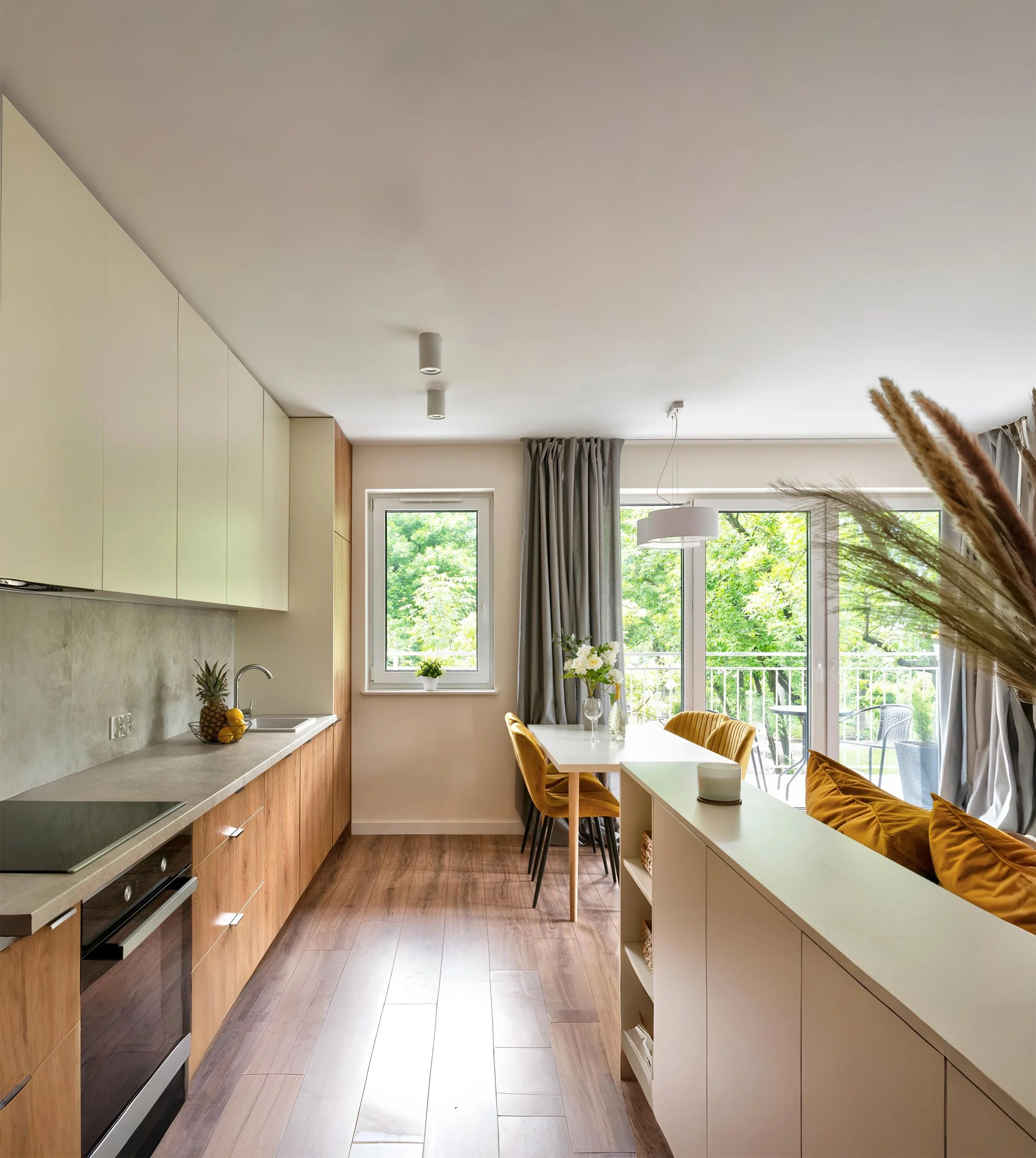Frequently Asked Questions
Scroll down to find answers to the most common questions asked by NYC homeowners about Accessory Dwelling Units, or contact us with your property-specific questions.
-
An ADU (Accessory Dwelling Unit) is a secondary living space located on the same property as a primary home. In New York City, these units are officially known as Ancillary Dwelling Units. They can be created by converting a basement or attic, adding to the main home, garage conversion, or building a freestanding structure in the backyard.
-
In December 2024, New York City updated its zoning laws to allow many one- or two-family property owners to build an ADU. The best way to find out if your lot qualifies is to request a free feasibility assessment from our team.
-
Assembling the right team is crucial to the success of your project. Our turnkey ADU design and build service streamlines the ADU process, offering clients a cost-effective and time-saving alternative to assembling their own team of consultants, architects, engineers, and contractors. From zoning and design to permitting and construction, our team guides you every step of the way.
-
The maximum size of an ADU in NYC is 800 square feet, and the height is limited to one floor, unless there is a garage or parking on the ground floor. ADU size and placement depend on your property’s zoning district, lot size, and site conditions. We’re here to help you understand exactly what’s allowed on your site.
-
Our typical detached ADU model ranges from $300 to $350 per square foot, depending on size, layout, site conditions, and finishes. Final pricing is confirmed after the plans are approved by the city.
-
Most ADUs in NYC are completed in 3 to 6 months, depending on size and complexity. Permits and certificate of occupancy filings can add to the total project timeline.
-
Yes. All ADUs require approval from the NYC Department of Buildings (DOB). Our team handles the entire permitting process for you.
-
In most cases, yes. If your ADU meets DOB and zoning requirements, it can be used as a long-term rental to generate passive income.
-
Yes! Converting an existing garage into an ADU is a great way to repurpose existing structures.
-
Yes. Many homeowners use HELOCs, construction loans, or other financing products. We connect our clients with reputable lenders.

